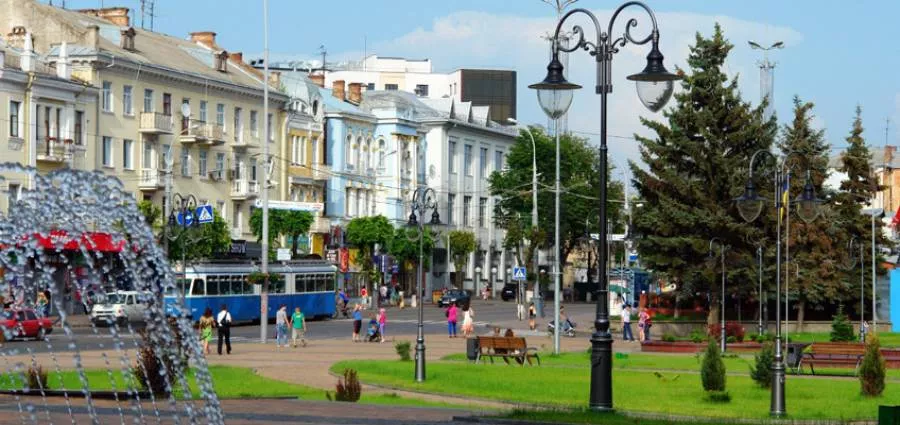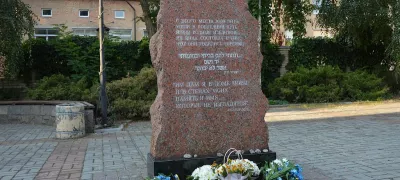
Vinnytsia, Kyiv, and Kramatorsk have emerged as leading cities in the toponym decolonization process, associated with the renaming of places linked to the propaganda of Russian imperial politics. Over the past two years, these cities have renamed more than 200 objects.
According to a study by Transparency International, in the first six months of 2023, 22 municipal councils changed the names of 959 toponyms. In five other cities - Kolomyia, Mykolaiv, Kherson, Cherkasy, and Chernivtsi - consultations with the public are ongoing regarding new names, and at least 205 objects are planned to be renamed.
As of the end of May 2023, 23 municipal councils had not yet initiated toponym decolonization processes. However, four cities - Bahmut, Mariupol, Melitopol, and Rubizhne - are under occupation or experiencing ongoing conflict. TIU organization explains that it is incorrect to assume that local authorities in the remaining cities where renaming has not yet occurred are hindering these processes. In the past year, 17 out of 19 cities saw from a few to nearly two hundred renamings, allowing toponymic commissions to consider new name options.
Furthermore, some cities have already completed the toponym decolonization process, like the Mukachevo city council. The most significant one-time renaming of toponyms took place in Kramatorsk, where 277 streets and 1 park were renamed. On the other hand, in Vinnytsia, which has already completed the toponym decolonization of the urban space (streets, squares, parks, green areas, etc.), an additional 45 public transport stops were renamed in 2023. Instead, in Sumy, seven schools with names of Soviet-era figures were renamed. In total, the organization found that 42 out of 50 municipal councils had already renamed 3,225 toponyms.

вологість:
тиск:
вітер:
0 Comments
To add the comment